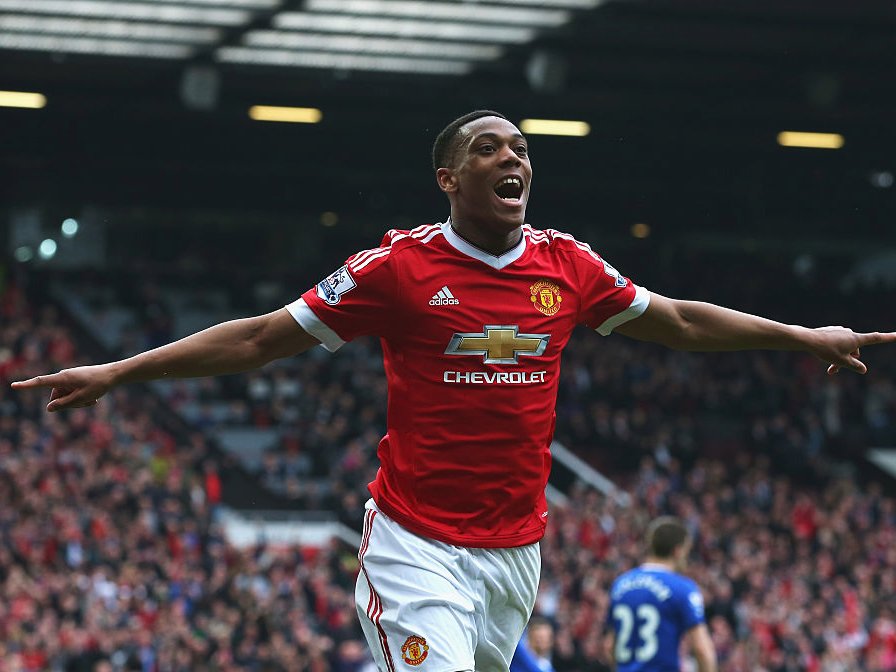 Alex Livesey/Getty Images
Alex Livesey/Getty Images
Following the UK’s decision to leave the EU, one of many questions that has arisen is how the decision will affect English football and the English Premier League. The initial consensus is that the Brexit will not have any adverse consequences on the EPL, at least not any major ones.
The issue is having international athletes playing for clubs and their eligibility to work in Britain – specifically the ability for foreigners to obtain work visas – as well as how that would be interpreted.
According to The Guardian, the Brexit could potentially decimate the European contingent of foreign players in the league. The article says that there are 161 players from the EU, and about two-thirds would not qualify for work visas.
The risk here is obvious: If the EPL treats members of the EU as foreigners and makes it harder to acquire work visas, then the risk for a competitive imbalance within the league would be extremely high.
Fortunately, that is the worst-case scenario football-wise, and what’s more likely to happen is something that has to do a lot with exploiting loopholes in political deals. The Guardian estimates that, even after exceptions are granted, there are an estimated 36 footballers who would fail to secure a visa – or about two per team.
The good news from a competitive standpoint is that most of those players would be “sitting on the bench or in the stands,” according to Gab Marcotti of ESPN FC.
Marcotti also points out that there is another issue that could throw a wrench into this whole mess and confuse a lot of people:
“The vast majority of the pro-Brexit camp wants Britain to continue tariff-free trading with the EU on favored terms. That would mean either being part of the [European Economic Area] (in which case they would still have to guarantee freedom of movement) or negotiating a deal whereby Britain could still impose strict immigration controls while enjoying free trade.”
How this relates to soccer is very complicated, but the easiest way to interpret it is that politicians will have to discuss whether incoming international footballers should be considered as immigrants or goods. That, in turn, starts a whole discussion about the ethical nature of considering footballers to be things that could be filed under free trade.
Thankfully, the Brexit won’t be fully resolved for at least two years – it’ll likely take a bit longer to do that. So right now everything is in limbo, but there will need to be an answer in time.
NOW WATCH: This mesmerizing video will show you why the French are good at soccer













